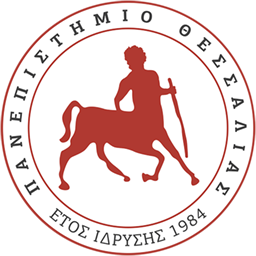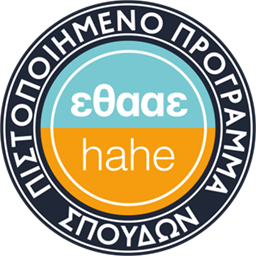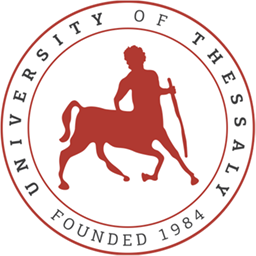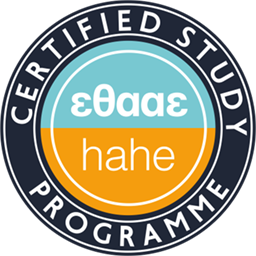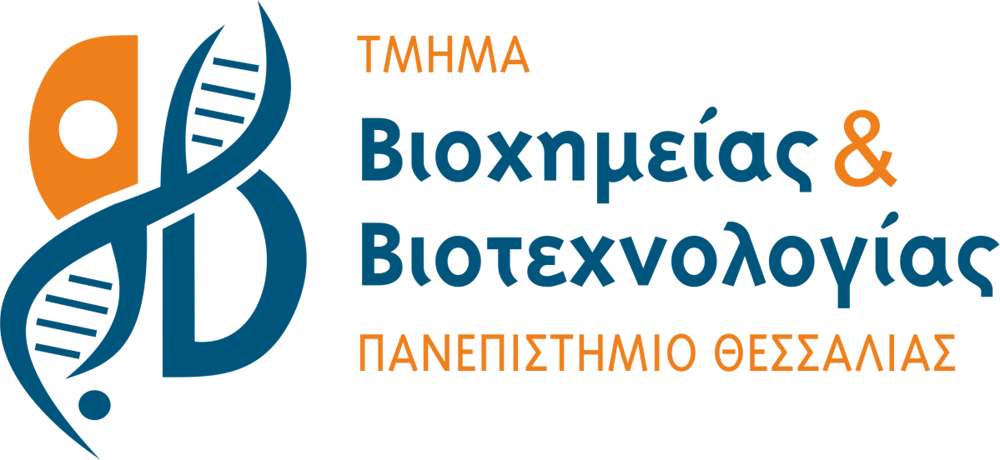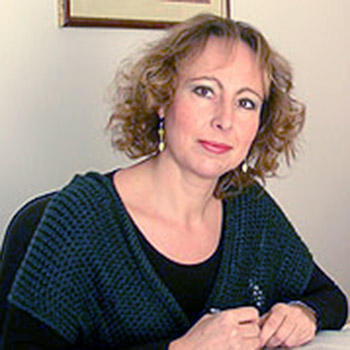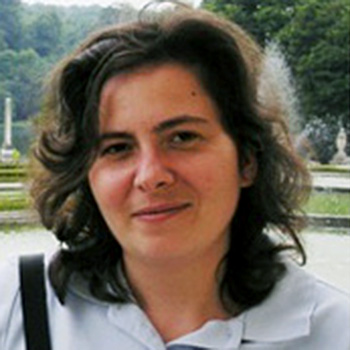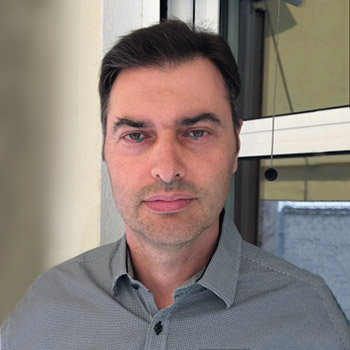Clinical Biochemistry
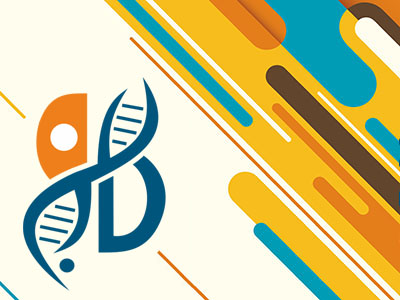
Theory: 3 hours/week | Practicals: 3 hours/week | ECTS Units: 5
Content – Aim of the course
The study of biochemical disorders of the human organism is the basic subject of Clinical Biochemistry. The course of Clinical Biochemistry is the conjunctive ring between biochemistry and basic fields of medicine as physiology and pathology.
A main part of the course is devoted to the biochemistry of certain organs as well as to their biochemical disorders. The second part deals with the biochemical assays, focusing on their application on the differential diagnosis of certain clinical situations. Also the exploratory techniques that are applied in the practice are presented and the way of utilization of biochemical data in diagnosis and treatment is studied. The main objective of the course is to present to the students the way the biochemical activities of organism suffer pathological changes and help them comprehend the basic mechanisms of metabolic disorders. In addition, it can offer a review of the update level of knowledge, and promote clinical research, as well as promote the application of knowledge of biochemistry in the area of health.
Analytical Description of the Course
- Introduction – Laboratory management.
- Sources and control of preanalytical variation.
- Quality control for the clinical chemistry laboratory.
- Reference intervals and clinical decision limits.
- Immunochemical techniques.
- Pathophysiology of body water and electrolytes – acid base disorders.
- Renal function.
- Gastrointestinal function and digestive disease.
- Cardiac and muscle disease.
- Coronary artery disease and disorders of lipid metabolism.
- Carbohydrate metabolism – Diabetes mellitus.
- General endocrinology, thyroid, gonads, adrenal hormones and hypertension.
- Clinical enzymology.
- Calcium, phosphate and bone metabolism.
- Iron, porphyrin and bilirubin metabolism.
- Tumor markers.
Practicals
- Educational visit. Laboratory of Biochemistry of the University Hospital of Larissa. Subjects: Organisation of laboratory, management of samples, analytical methods, quality assurance.
- Measurement of glucose in serum. Glucose curves. Classification of diabetic patients.
- Determination of triglycerides, HDL and LDL in serum with enzymatic methods.
- Serum Protein Electrophoresis
- Determination of calcium and phosphate in urine samples
- Determination of C-Reactive Protein in serum samples
- Determination of IgG antibodies against CMV in serum samples
- Urinanalysis
Assessment
At the beginning of the semester, recent research or review papers from the international bibliography are given to the students. The students work in two to three person teams on a specific subject proposed by the lecturer. The final grade in the theory part of the course is assessed after presentation of these projects (20%) and a written examination during the exams period (80%). The students’ performance in the practical part of the course is based on multiple choice tests on the subjects of the practical course, their written reports of the practical exercises and their overall stance during the practical classes.
Reading Suggestions
- Clinical Biochemistry, G. Beckett, S. Walker, P. Rae & P. Ashby Ed. Parisianou S.A, 2008.
- Clinical Biochemistry, W. Marshall Ed. Litsas, 2000.
- Clinical Chemistry: Theory, Analysis, Correlation. L.A.Kaplan, A.J.Pesce, S.C.Kazmierrczak Ed. Mosby, 2003.
